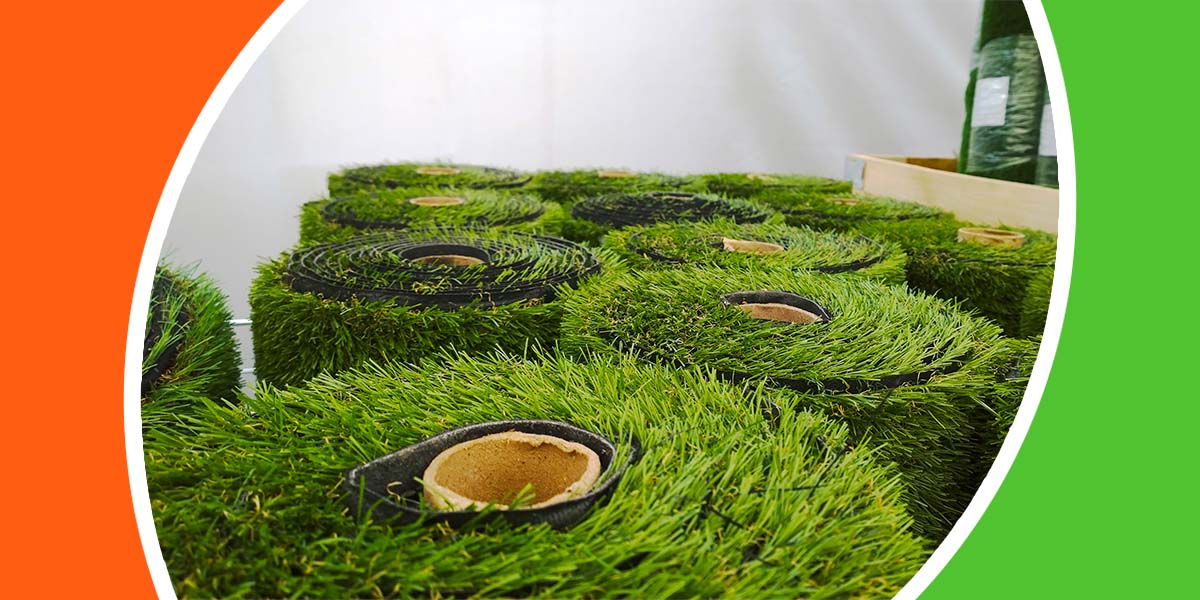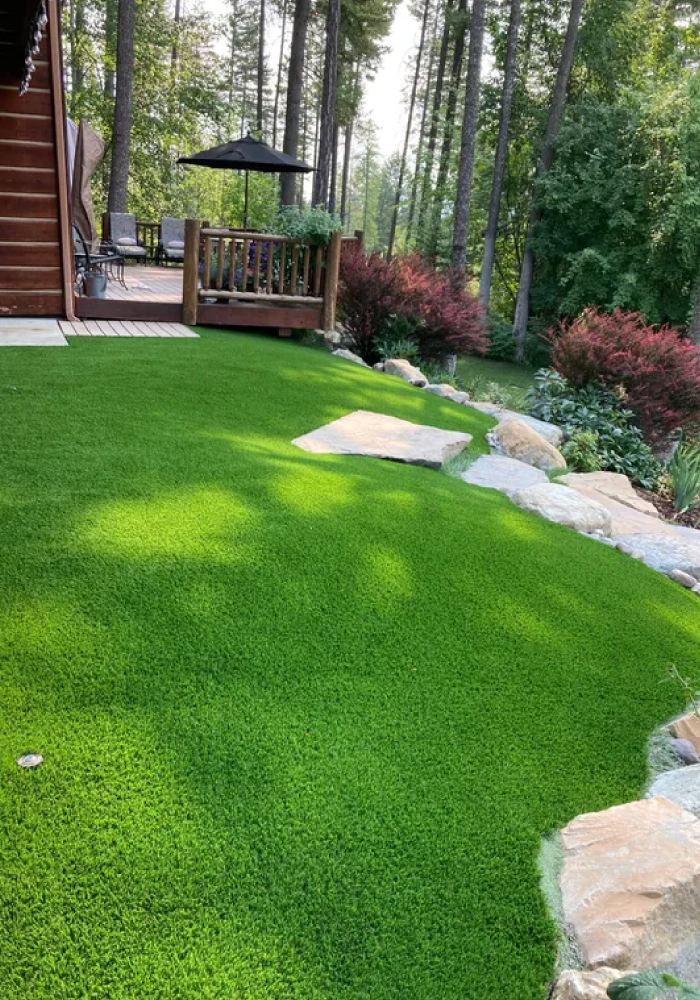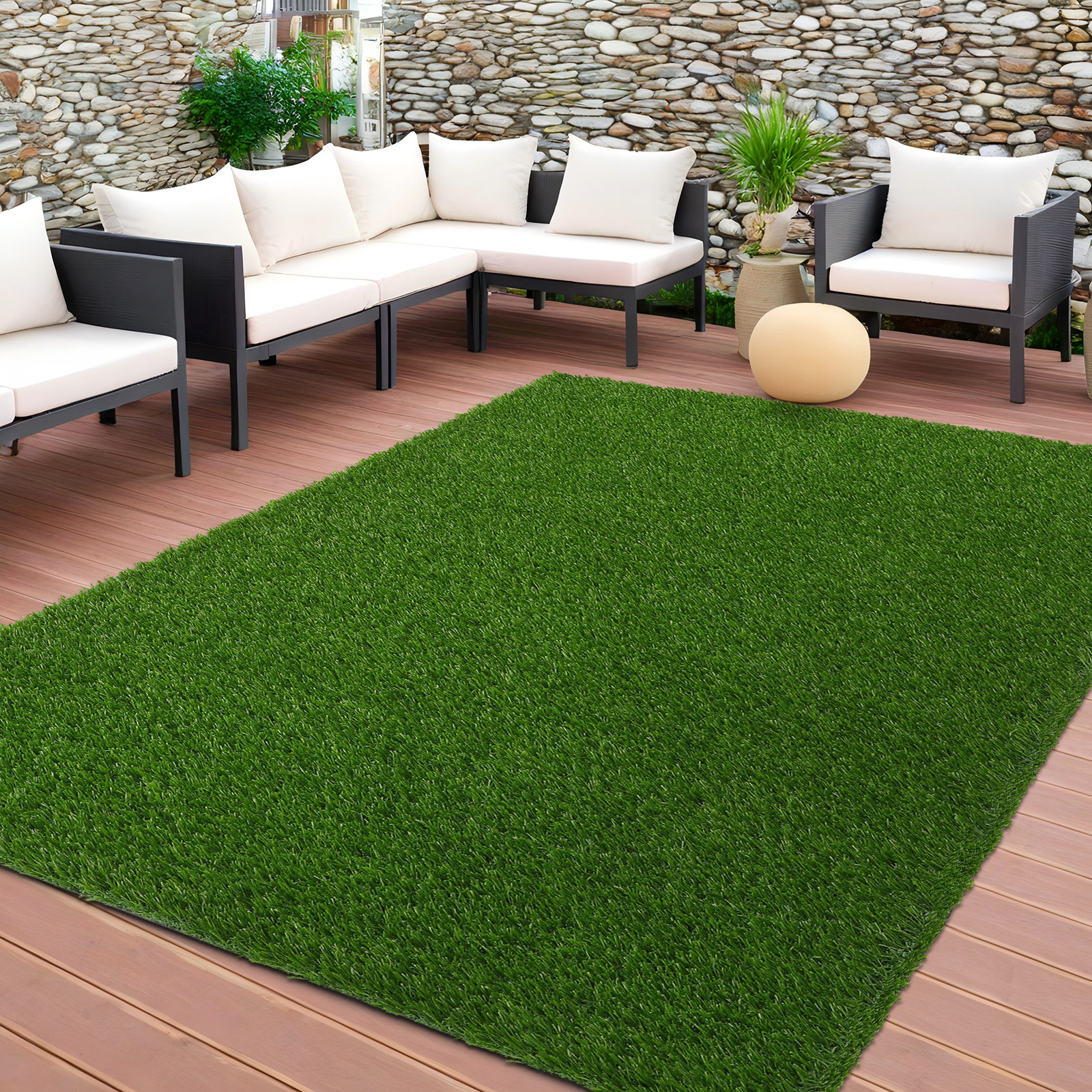Long-Lasting Arizona Artificial Turf for Residential and Business Applications
Long-Lasting Arizona Artificial Turf for Residential and Business Applications
Blog Article
Look Into the Environmental Perks of Opting for Artificial Turf Solutions
The adoption of synthetic grass solutions provides a compelling possibility to deal with pushing ecological challenges. By significantly lowering water use and reducing the application of hazardous chemicals, these choices not just promote lasting landscape design however also shield regional communities. Furthermore, the lower carbon footprint connected with lowered upkeep activities adds to an extra lasting strategy to land management. However, the implications of these advantages expand past plain preservation efforts, questioning regarding their long-term influence on environment preservation and overall ecological balance. Exploring these measurements discloses a complicated interplay worth taking into consideration.
Water Conservation Benefits
One of the most substantial advantages of synthetic turf is its ability to preserve water. In comparison, man-made grass does not need watering, significantly lowering the total need for water resources.
By eliminating the demand for normal watering, synthetic lawn adds to sustainable landscape techniques and assists minimize the ecological effect of excessive water usage. The conservation of water expands to the decrease of drainage, which can lead to dirt erosion and river pollution.
Additionally, the installation of man-made lawn allows communities and property owners to allocate water resources a lot more efficiently, concentrating on necessary usages such as drinking water and agriculture. The shift towards fabricated turf not only advertises liable water use but also lines up with broader environmental goals aimed at protecting natural deposits.
As areas significantly focus on sustainability, the water preservation benefits of artificial turf provide an engaging instance for its fostering in residential and commercial landscape design tasks.
Reduced Chemical Use
The change to synthetic grass significantly decreases the reliance on chemical therapies typically made use of in natural turf maintenance. Typical grass management commonly entails the application of fertilizers, pesticides, and herbicides to promote growth and control insects. These chemicals can pose threats to human wellness, regional wildlife, and the setting, adding to soil and water contamination.
On the other hand, synthetic grass removes the requirement for these damaging substances. Once mounted, it requires minimal upkeep, primarily containing normal cleansing and infrequent infill replenishment. This reduction in chemical use not just benefits the immediate atmosphere however additionally adds to wider ecological security. By minimizing the release of synthetic compounds right into the ecosystem, synthetic grass promotes much healthier dirt and water systems.
In addition, the absence of chemical drainage related to man-made turf installations helps safeguard neighborhood waterways from air pollution, sustaining marine life and maintaining biodiversity. Arizona turf. As communities progressively focus on lasting practices, selecting synthetic grass presents a practical option that straightens with ecological conservation goals. Via this shift, property owners can appreciate lush eco-friendly rooms without compromising environmental health, paving the means for an extra sustainable future
Reduced Carbon Impact

Furthermore, the setup of man-made lawn can cause substantial water conservation. Natural yards need substantial quantities of water for watering, which not just includes in the carbon click now footprint related to water extraction and treatment yet also pressures local water resources. In comparison, synthetic grass requires marginal upkeep, requiring no watering, thus dramatically decreasing water use and its connected power costs.
Furthermore, the durability of synthetic grass adds to its lower carbon influence. With a life-span of approximately 15 years or even more, the demand for regular replacements is decreased, leading to less waste and lower power intake in production and getting rid of conventional turf alternatives. Overall, artificial turf presents a lasting option for eco conscious landscape design.
Habitat Conservation
Environment conservation is a critical factor to consider in the debate over landscaping selections, specifically when comparing synthetic grass to all-natural turf. All-natural lawn yards commonly require comprehensive upkeep, consisting of the use of plant foods, pesticides, and herbicides, which can detrimentally affect local communities. These chemicals can seep into the dirt and waterways, damaging native vegetation and fauna and disrupting neighborhood habitats.
Man-made turf gets rid of the demand for hazardous chemicals, thereby shielding close-by wild animals and maintaining the honesty of surrounding ecosystems. The setup of artificial grass can lead to the conversion of former lawn locations right into even more biodiverse landscapes, such as Resources pollinator yards or native plant locations, which can sustain neighborhood wild animals.
Eventually, the transition to synthetic grass not just preserves water and reduces upkeep initiatives yet likewise promotes a much more harmonious relationship between human activities and the all-natural environment, promoting environment preservation at the same time.
Long-Term Sustainability
Long-term sustainability is an important consider examining the benefits of synthetic grass over standard lawn yards. One of one of the most substantial benefits of fabricated lawn is its longevity; it can last approximately 15-20 years with marginal upkeep, whereas natural yard needs frequent reseeding and substitute. This longevity reduces the demand for constant sources, such as water, fertilizers, and chemicals, which are crucial for preserving a healthy yard lawn.
In addition, synthetic grass adds to a decrease in carbon emissions related to yard treatment devices. Conventional grass typically require gas-powered lawn mowers, leaners, and blowers, all of which add to air pollution. Arizona artificial turf. On the other hand, synthetic grass removes the demand for such tools, promoting a cleaner environment
Furthermore, the production of synthetic grass progressively makes use of recycled materials, boosting its sustainability account. As producers embrace green methods, the environmental footprint of synthetic grass remains to reduce.

Conclusion
The fostering of man-made turf remedies offers considerable ecological advantages, consisting of considerable water preservation, decreased dependence on dangerous chemicals, and a lower carbon impact. Synthetic lawn aids in protecting natural environments by minimizing land disturbance and advertising long-term sustainability with the usage of durable products. Jointly, these elements emphasize the potential of synthetic grass to contribute favorably to environmental health and wellness and supply a practical choice to traditional landscaping techniques in an increasingly resource-conscious globe.
In contrast, man-made lawn does not require watering, substantially lowering the overall demand for water sources. By reducing the launch of artificial substances into the community, fabricated turf promotes healthier dirt and water systems.
Furthermore, the setup of fabricated turf can result in significant water preservation. In contrast, fabricated lawn needs minimal upkeep, requiring no watering, thus dramatically lowering water use and its associated energy costs.

Report this page